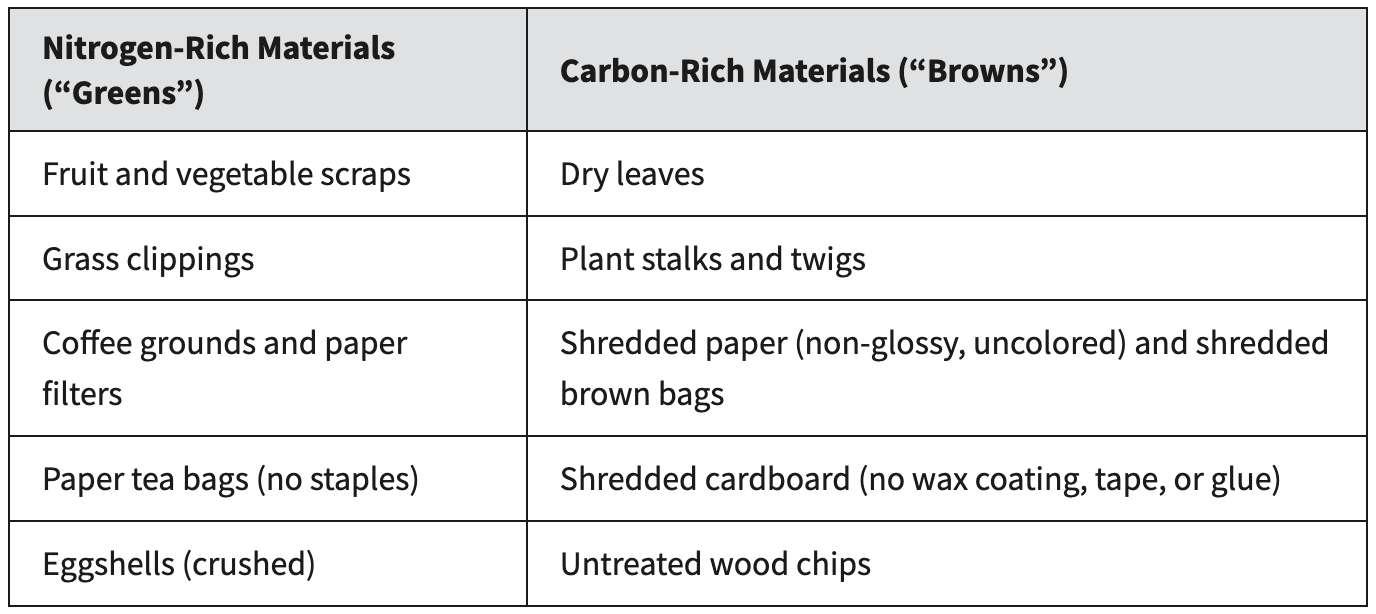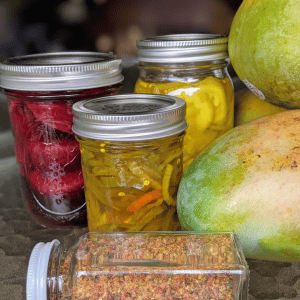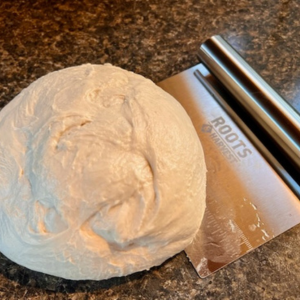
Share Knowledge.
Build Community.
Grow Friendships.
Compost Magic: Waste less. Water less. Fertilize less. Grow more!
What would you do with an extra $150?
Pay off a bill? Purchase a tool for the homestead? Hide it in the sock drawer? Buy a load of quality soil for raised garden beds?
A Natural Resources Defense Council (NRDC) study estimates that the average American family of four throws out $150 worth of feed every month. One hundred and fifty dollars each month! That’s almost $2000 per year in food waste.
Most homesteaders are probably below average when it comes to food waste. We freeze, dehydrate, or can excess produce, transform bones and carcasses into nutritious broths, and toss scraps in the chicken coop or feed troughs.
Even so, we have waste: food, coffee grounds, coffee filters, eggshells, garden trimmings, and cardboard boxes. Turn that waste into a nutrient-rich product called compost.
What is compost?
Compost is a natural product made from decomposed organic matter. Composting transforms those “waste” items into a soil amendment that:
- Reduces water use,
- Minimizes erosion,
- Adds beneficial microbes,
- Regenerates poor soils,
- Improves soil fertility, and
- Increases plant yield.
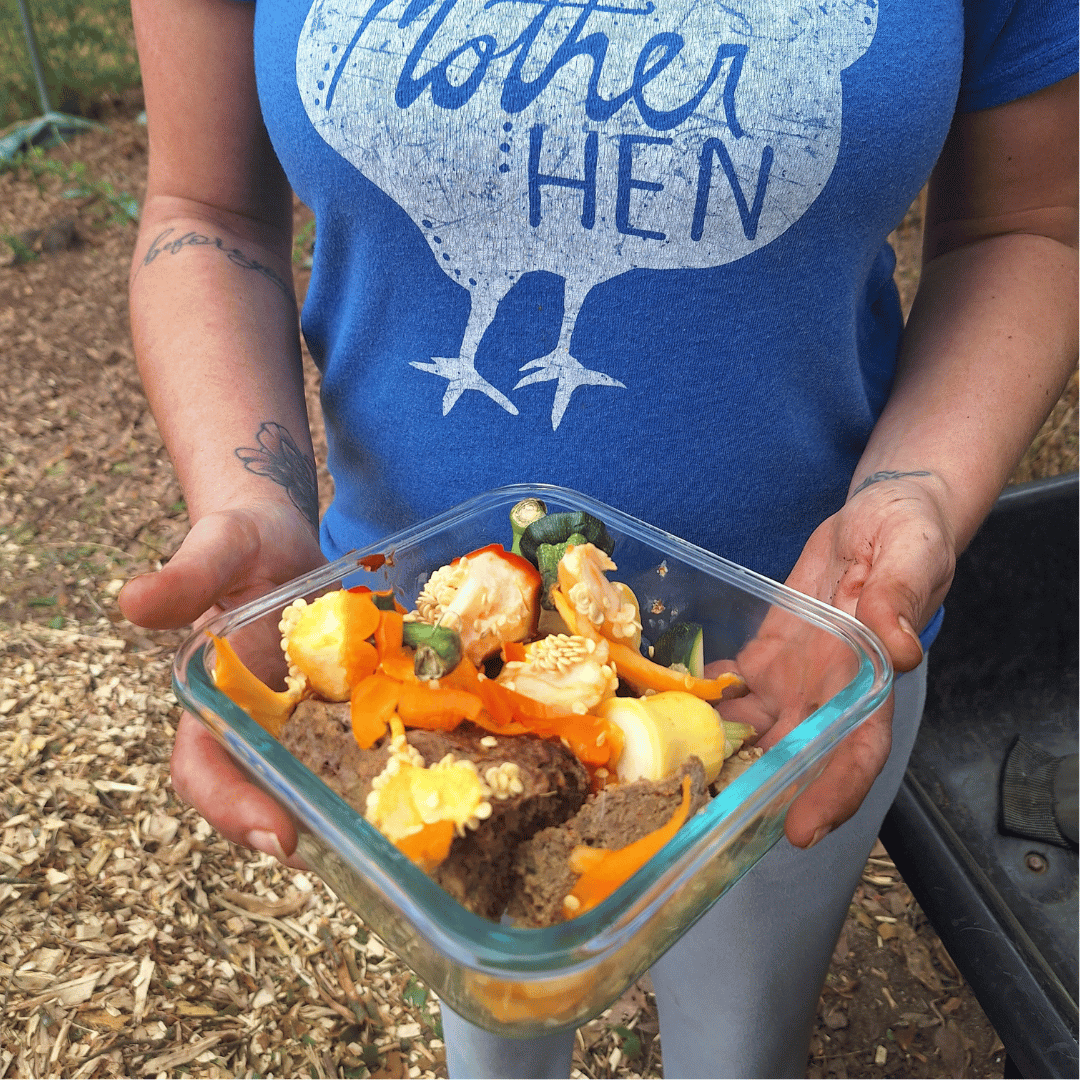
“Anything that grows decomposes eventually; composting simply speeds up the process by providing an ideal environment for bacteria, fungi, and other decomposing organisms (such as worms, sowbugs, and nematodes) to do their work.”
NRDC Composting 101
Hot, cold, or wormy?
There are many ways to create compost. The two most common methods are hot (aerobic) and cold (anaerobic) composting. Both methods require a balance of green and brown materials to create the best results. A basic ratio is two parts nitrogen-rich materials to three parts carbon-rich materials. Too much nitrogen can generate a strong ammonia odor. Too little nitrogen slows the decomposition process.
Hot (aerobic) compost requires regular turning and adequate moisture. This method can be done with a compost pile. Size matters: a pile of waste materials that is too small will not be able to hold heat. A too-large pile may take too long to heat up without frequent turning. Compost bins and tumblers can be helpful for hot compost. The decomposition process is quick (months versus years) and produces a weed-free product.
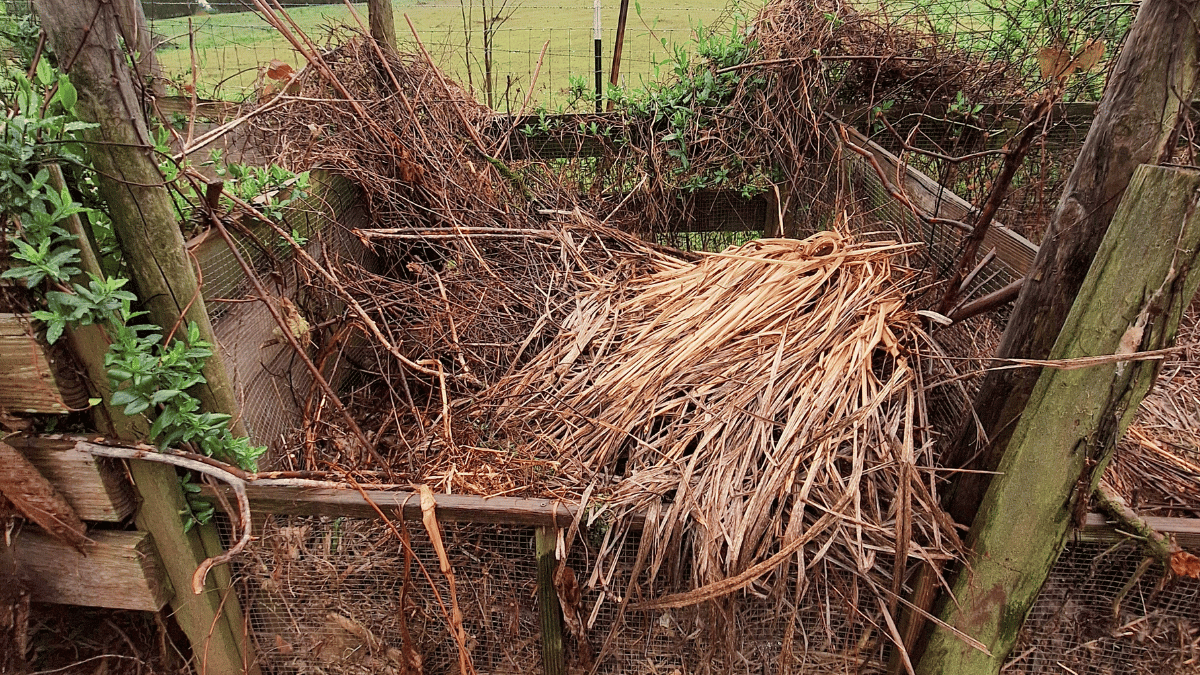
Cold (anaerobic) compost takes longer, sometimes years. The product may not be weed-free and can have soil pathogens. The benefit of this process is that it requires less work, can incorporate a wider range of waste materials, and can be used for small or large amounts. Cutting materials into smaller pieces and turning the pile speeds up the decomposition process.
Vermicomposting uses worms to break down waste materials. Worm compost is rich in nutrients and quick to produce. A local homestead member has been experimenting with growing seedlings in seed starting mix versus worm castings (compost) and comparing the results. So far, the plants grown in worm compost have grown faster and larger. You can purchase or make worm composting bins. Note that worms are sensitive
to hot and cold temperatures. Their food supply requires management.
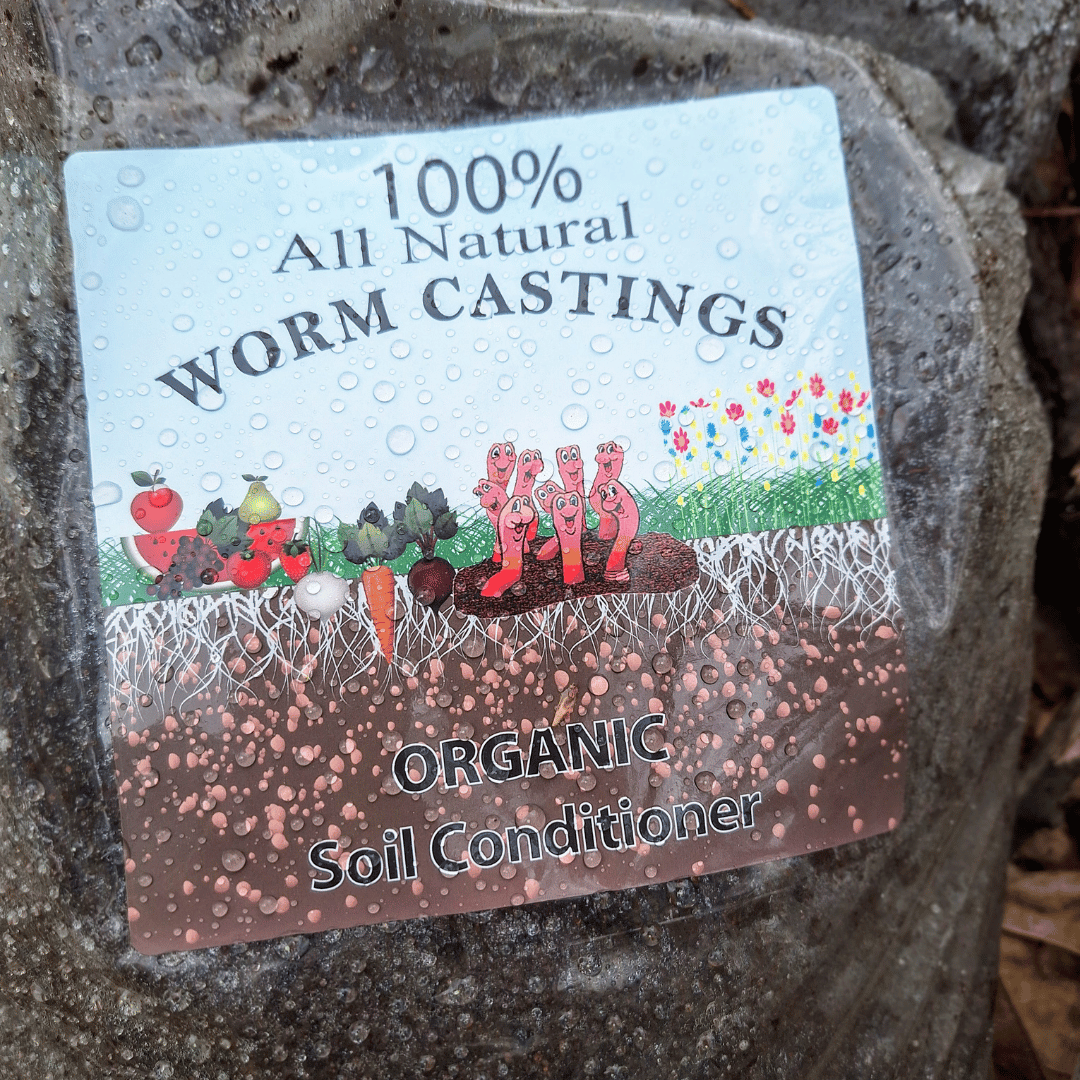
Ready to learn more?
Several sites offer information on composting. Some states even offer a Master Composter Program. On April 3rd, the National Ladies Homestead Gathering will offer a virtual program on “The Art and Science of Composting 101”. Click here to reserve your seat!
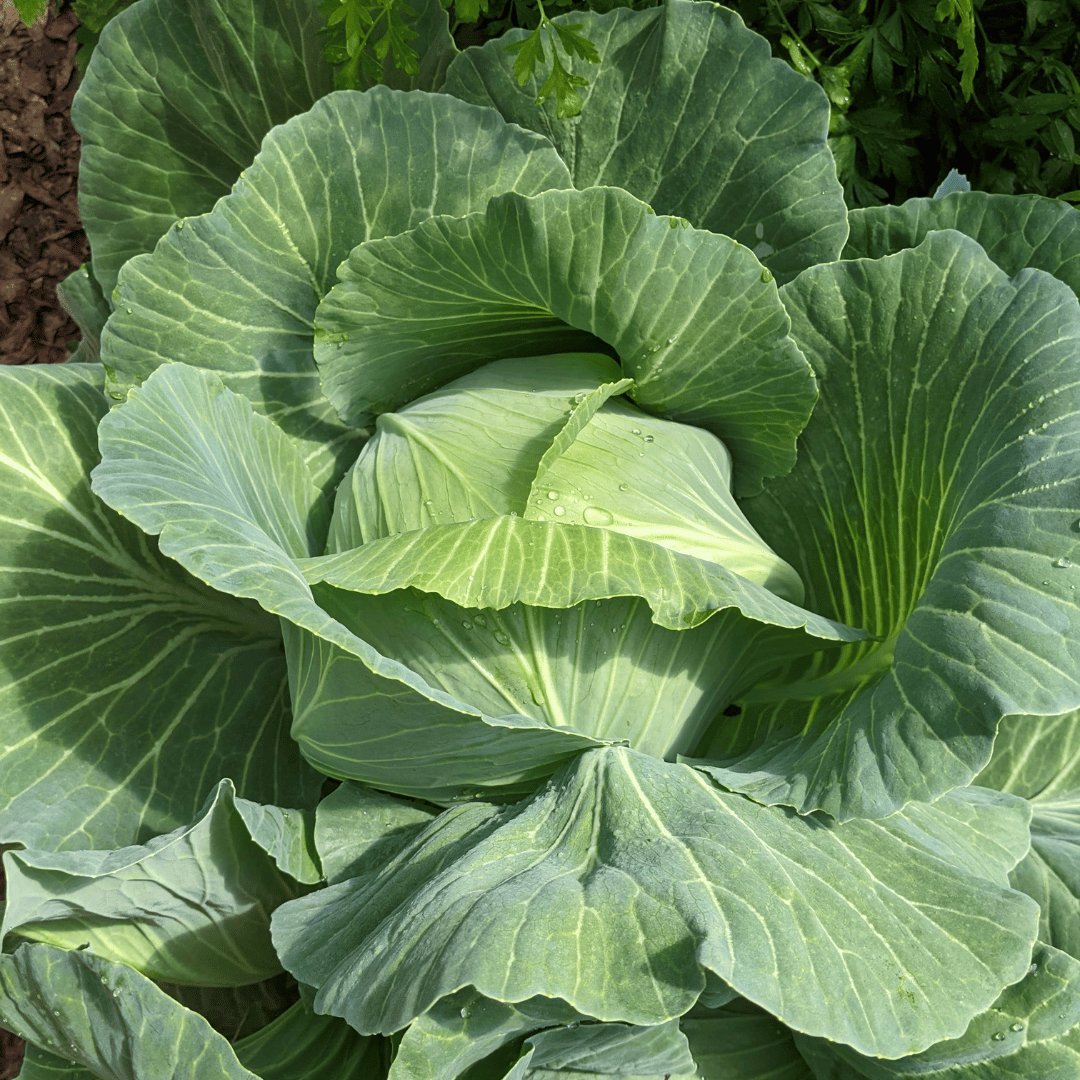
Other Articles
P.O. Box 1190 Statham, GA 30666
All Rights Reserved | National Ladies Homestead Gathering, Inc.
